News from the Institute for International Trade
Search news stories
Enter a keyword to search news.
Carbon Tax Creep Beyond Industrial Goods: Challenges and Risks for Extending Coverage to Agriculture
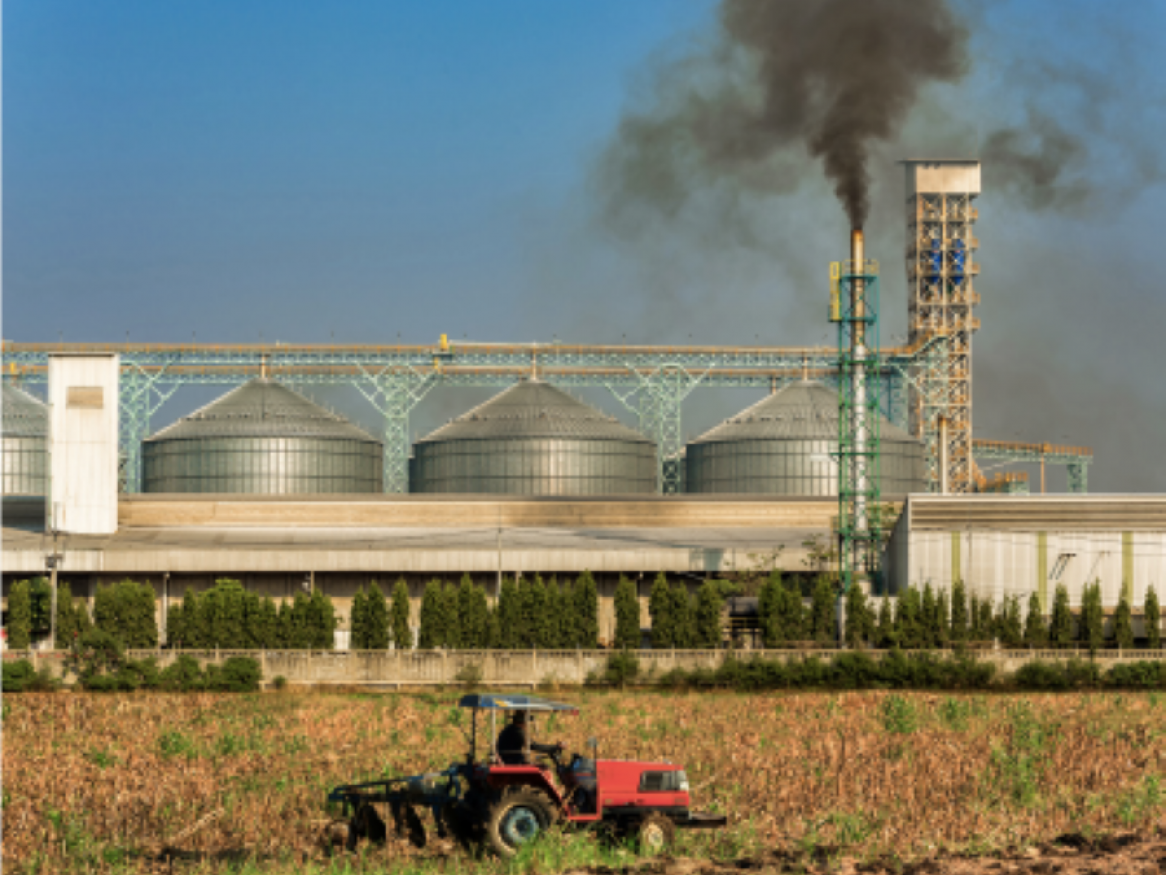
Tim Ryan is completing a Masters in International Trade and Development at the University of Adelaide, and is Manager of Global Trade Development at Meat & Livestock Australia.
Governments around the world are implementing emissions reduction policies to mitigate the impact of global warming, however the application of climate policies will occur at different speeds and depth due to varying levels of development and degrees of ambition. There are inherent dangers from unilateral expansion of carbon tax regimes, not least protectionism, hence this brief argue for a cautious and multilateral approach to carbon taxation.
Measuring diversification in Australian Goods Exports, 2001-2021: Policy and Technical Considerations

WORKING PAPER 12
China’s blocking of sales of Australian commodities has led to increased interest in diversification of Australia’s exports, to lessen dependence on the Chinese market. Australia’s export diversifications was increasing in the second half of the 21st century, with the Australian government seeking new markets in the emerging economies. However, export concentration, both geographically and in products and commodities, has increased since the start of this century. This paper measures the geographical export concentration and the product concentration of Australian exports to China and the World over the previous 20 years, and the policy implications.
Trade4Climate Event Series for Australian Industry and SME's
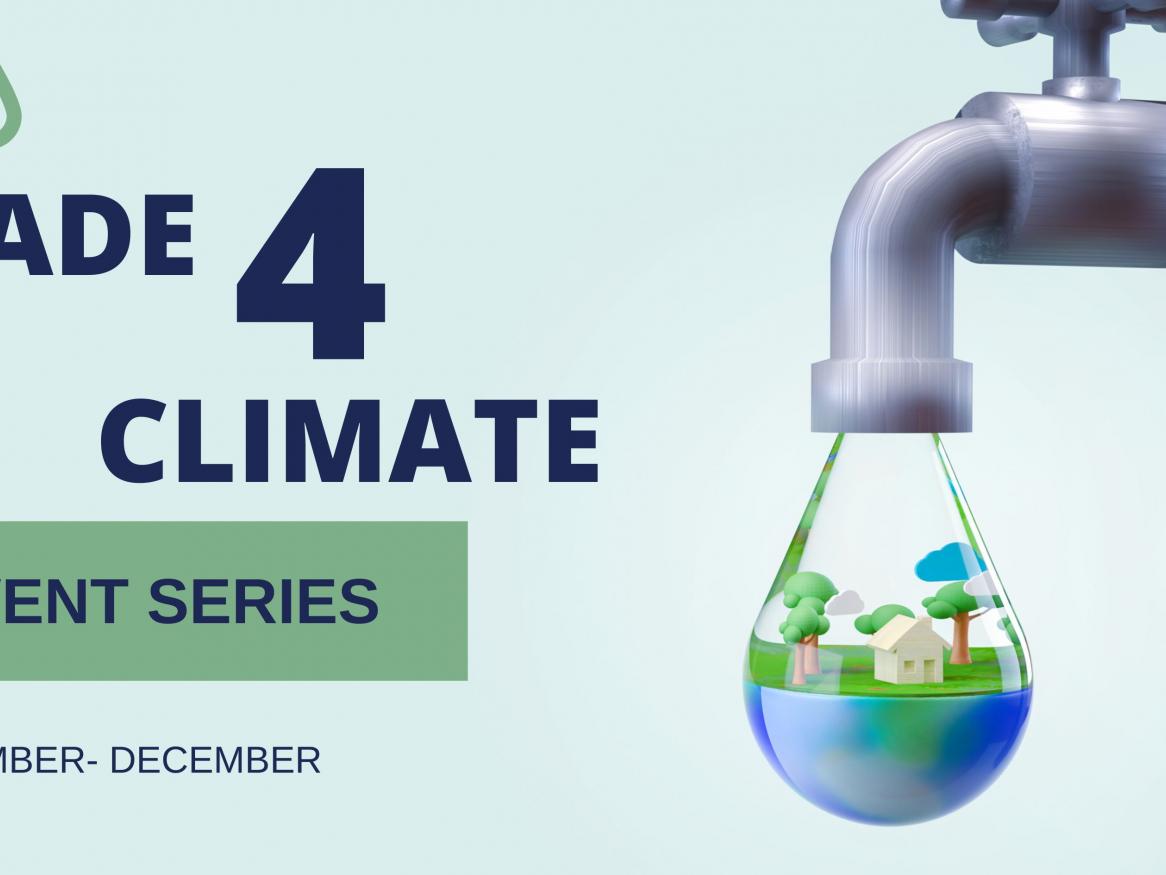
The University of Adelaide’s Institute for International Trade, Jean Monnet Centre of Excellence in International Trade and Global Affairs, with funding from the European Union’s Erasumus Plus programme, and the Global Trade Professionals Alliance (GTPA) are hosting a Trade4Climate Event Series for Australian Industry and SME's
[Read more about Trade4Climate Event Series for Australian Industry and SME's]
Reforming EU Rules of Origin Applied to Trade Agreements with Africa
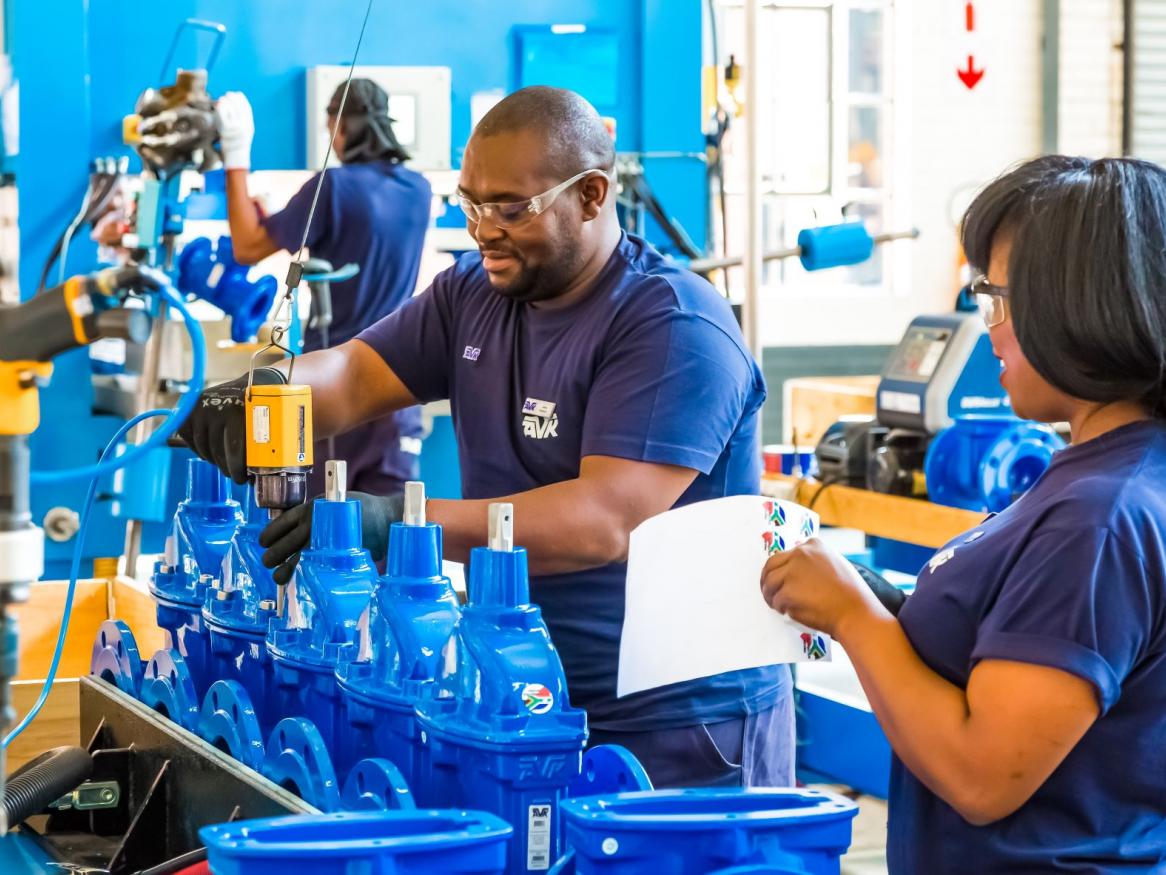
Mike Humphrey, Senior Trade Consultant. Currently there are multiple sets of Rules of Origin (RoO) that apply to the EU’s different trade agreements it has with various groups of African countries. In this Op Ed I will make the case for replacing these with a single set of RoO that apply to all these different trade agreements, making cumulation possible with any African country for all African exporters to the EU.
[Read more about Reforming EU Rules of Origin Applied to Trade Agreements with Africa]
Reforming EU Rules of Origin Applied to Trade Agreements with Africa - Webinar

The Institute for International Trade (IIT), through its Centre of Excellence in International Trade & Global Affairs, invite you to join us for a presentation on the case for Reforming EU Rules of Origin Applied to Trade Agreements with Africa. Thursday, 10 November 2022
[Read more about Reforming EU Rules of Origin Applied to Trade Agreements with Africa - Webinar ]
Third Australia-Europe Economic Relations Dialogue
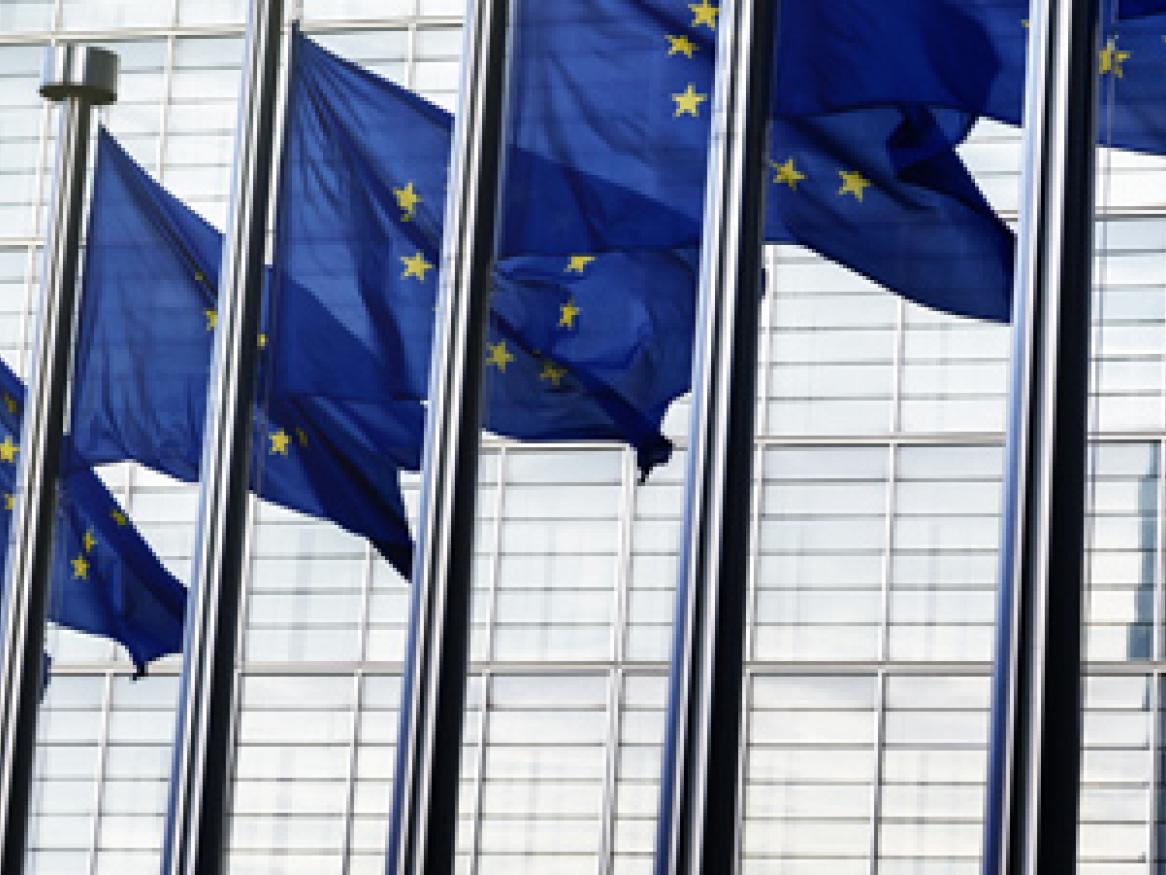
4th October, 2022. Third Australia-Europe Economic Relations Dialogue. Hosted by Friedrich-Schiller Universitat Jena, Senatssaal.
Attended by Peter Draper (IIT) who opened the policy roundtable, Andreas Freytag (Friedrich-Schiller Universitat FSU), Mike Plummer (Johns Hopkins University, Bologna)
Uwe Cantner, Vice-President FSU Jena. Key note speaker Anabel Gonzalez, Deputy Director General, WTO: Trade Policy in Times of Systems Competition
[Read more about Third Australia-Europe Economic Relations Dialogue]
Reviving the EUs Free Trade commitments - let’s start with Australia!
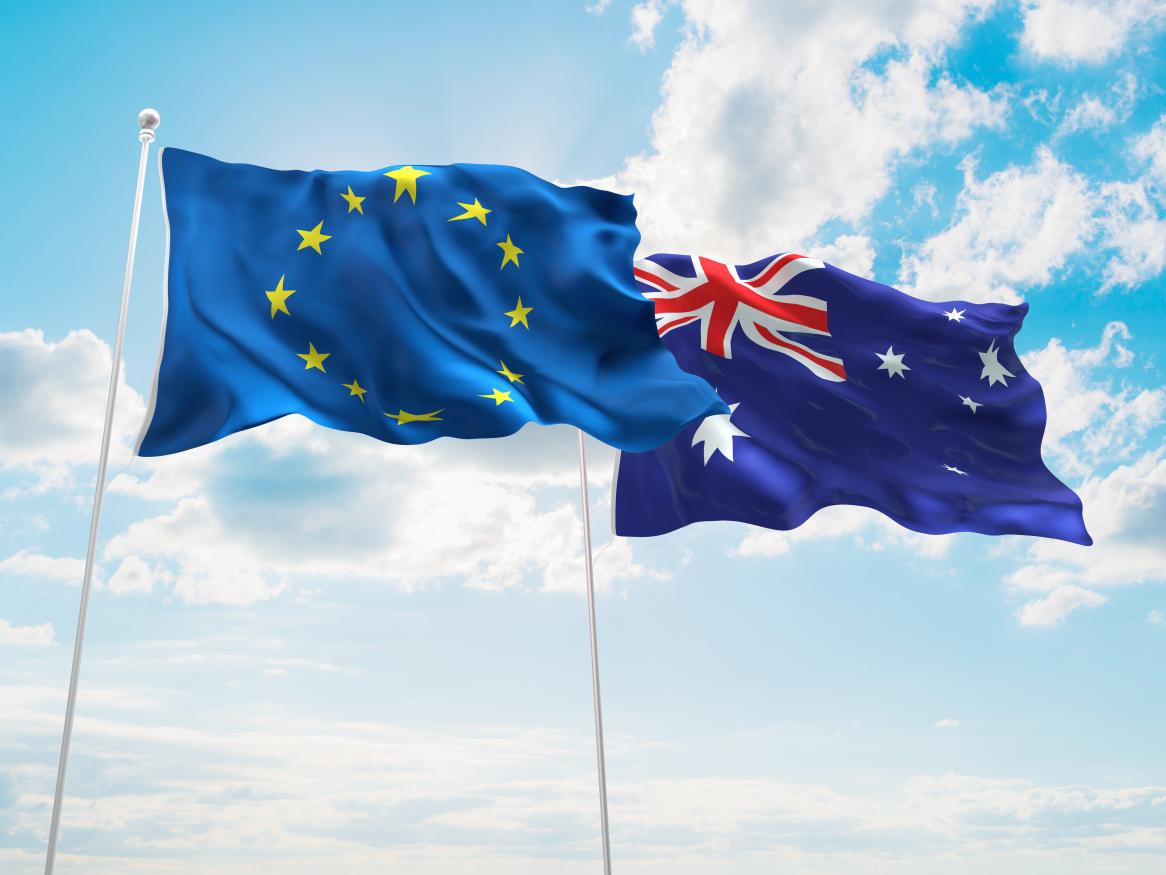
Catharina Rinzema, Member of European Parliament (Renew Europe, The Netherlands), Morten Lokkegaard, Member of European Parliament (Renew Europe, Denmark), Professor Peter Draper, Executive Director of the Institute for International Trade.
The European Parliament this month sent a delegation to Australia to strengthen our ties with strategic Indo-Pacific partners. This op-ed argues that these democratic allies and trade partners have a good opportunity to promote common values and rule-of-law trade through the under-negotiation EU-Australia free trade agreement.
[Read more about Reviving the EUs Free Trade commitments - let’s start with Australia!]
China’s Western Neighbours, and the Future of Eurasian Overland Trade
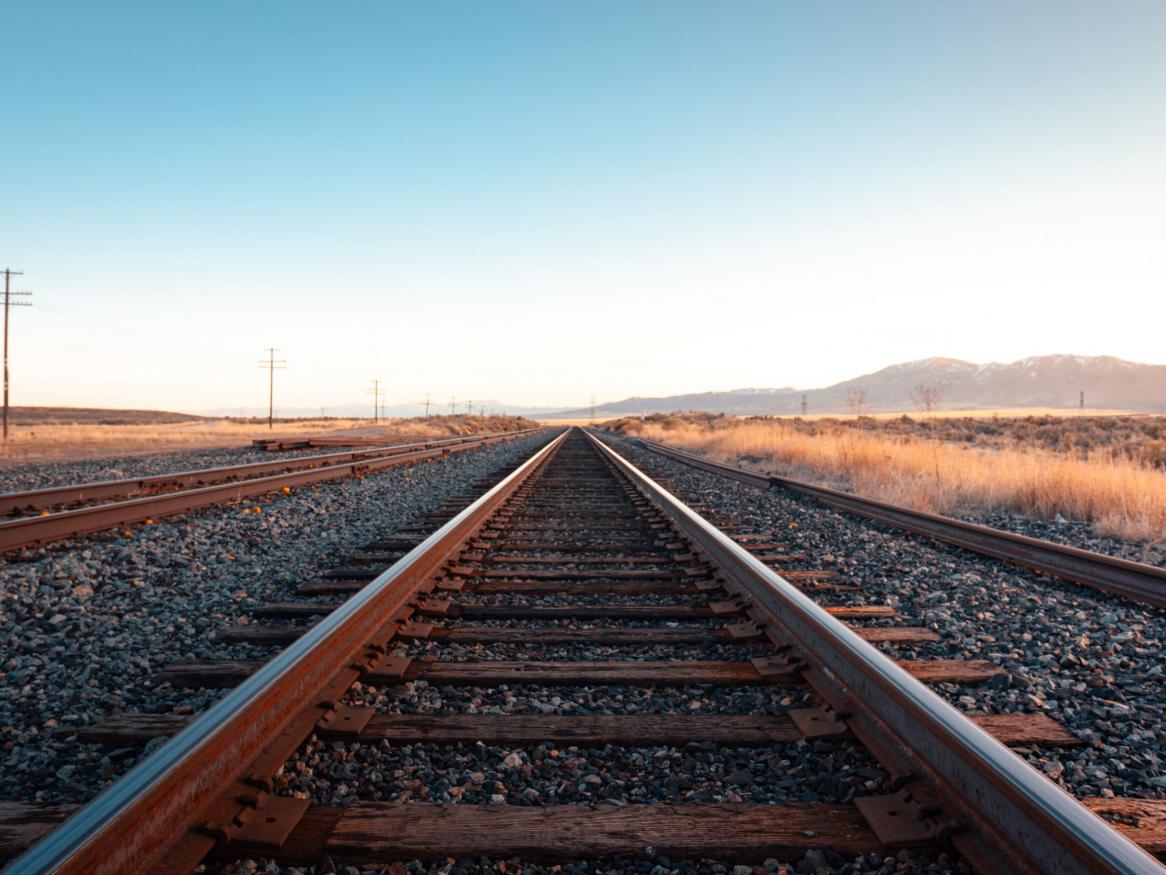
Richard Pomfret, Emeritus Professor of Economics, the University of Adelaide.
China’s flagship foreign policy, the Silk Road Economic Belt, was announced in 2013 in Astana, capital of Kazakhstan, and became part of the Belt and Road Initiative that was launched in May 2017. Rail connections west through Kazakhstan were the key part of the overland “Belt”. President Xi has recently and publically confirmed the importance of this relationship, an act which has import in the context of the current Ukraine-Russia war, as argued in this op-ed
[Read more about China’s Western Neighbours, and the Future of Eurasian Overland Trade]
Australia and the European Union’s shared Indo-Pacific Future

Professor Peter Draper Executive Director, Institute for International Trade
Naoise McDonagh, Lecturer & Policy & Engagement Managing Editor
After recently holding hearings on the EU’s Indo-Pacific trade strategy, the EU Parliament’s Committee on International Trade (INTA) is visiting Australia this week. The EU Parliament has equal decision-making status on trade issues with the Council and Commission, so the significance of the visit for EU-Australia trade relations should not be underestimated.
[Read more about Australia and the European Union’s shared Indo-Pacific Future]
The future of EU trade policy and strategies in a militarised environment
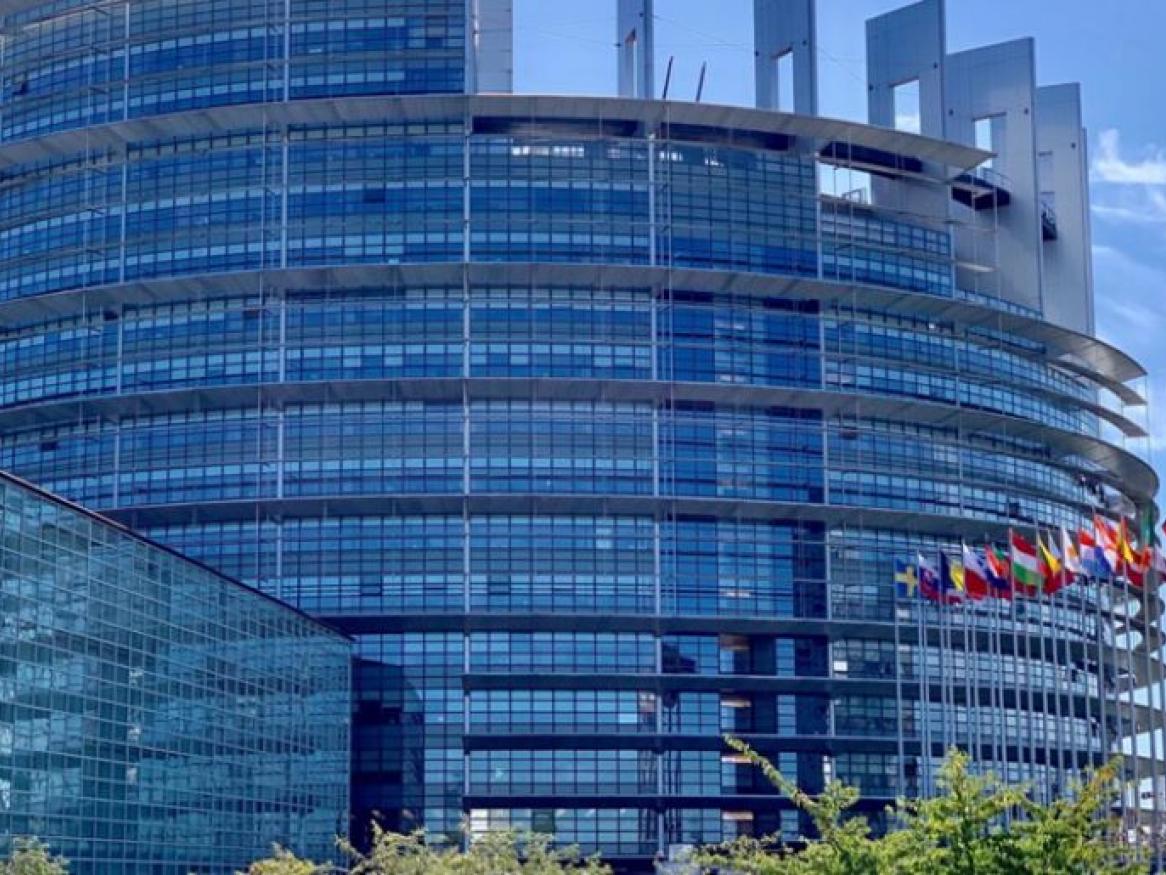
WORKING PAPER 11
China’s economic rise has transformed the international trade system. Furthermore, given its divergent economic model China is challenging the global economic order in ways that previous Asian competitors never did. In response to systemic rivalry and an increasingly tense international environment, the EU seeks to build more “strategic autonomy” from the United States, its main security benefactor. Economically, the EU policy of Open Strategic Autonomy seeks to maintain openness to trade, while developing tools for dealing with coercive and unfair trade practices. This paper identifies the key elements of this policy, as well as the risks it holds for European economic liberalism.
[Read more about The future of EU trade policy and strategies in a militarised environment]
This work is licensed under Commons Attribution-NonCommercial-NoDerivatives 4.0 International License.
IIT is a global leader in researching, analysing and commenting on International Trade.
Stay informed about our up-and-coming seminars, events, publications, awards, new projects and collaborations, and other exciting news.
